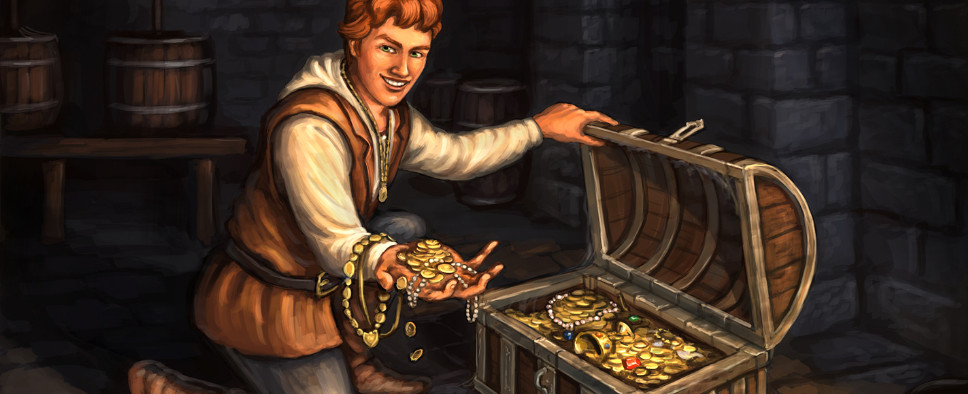Hero-U: Rogue to Redemption Interview
-
Category: News ArchiveHits: 1345

Transolar Games' Lori and Corey Cole recently had a chat with Gamasutra, talking about their adventure/RPG Hero-U: Rogue to Redemption, its predecessor, the Quest for Glory series, and the importance of roleplaying elements and player creativity for games like that. Here are a few sample paragraphs and you take things from there:
“When we’re designing a game, it’s all about ‘What does the player want to do?’ What will they try?” says Lori Cole when speaking of the design ideas that went into Transolar Games' Hero-U: Rogue to Redemption, as well as her many years working in adventure and role-playing games.
Created by Lori and Corey Cole, designers of the Quest for Glory series, Hero-U: Rogue to Redemption casts the player as Shawn O’Connor, a man striving to be Rogue of the Year while keeping up with university classes, exploring a haunted castle, making friends and foes, dealing with monsters, and solving devious puzzles.
“We think of these things as problems, rather than puzzles," says Corey Cole. "We don’t want to say there is only one way past this and you have to guess what’s on our minds and get it. We know players are going to use every tool at their disposal to try to find ways to solve the thing, and we try to make it so that as many reasonable things as possible work.”
This freedom to attack problems in a variety of ways offers a refreshing means of working through an adventure game, allowing players to feel like they’re using their character and skills to solve puzzles rather than finding out the single solution the developer put in.
Curious devs should note that this attitude, where the player’s creativity is emphasized in a large world filled with solutions, owes much to the developers’ experiences with another game that focuses on player creativity: Dungeons and Dragons.
With an emphasis on world-building and role-playing, the Coles feel they've created a game where the player can settle into a character within the world, looking for how they would solve its problems rather than guessing how the developer’s intended them to, tapping into that infinite possibility pen and paper role-playing games often offer, giving players a special, personal way of interacting with their game world.

